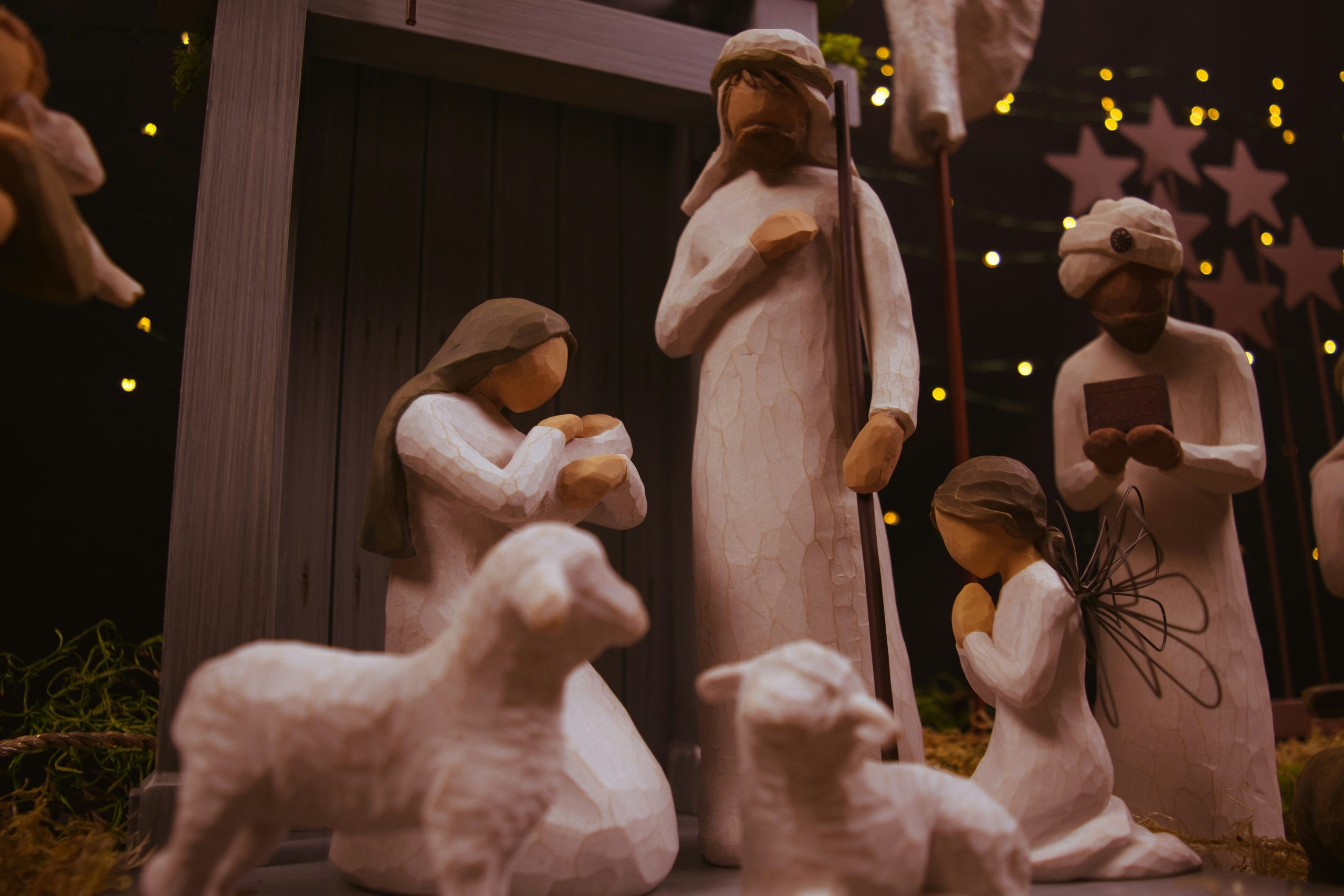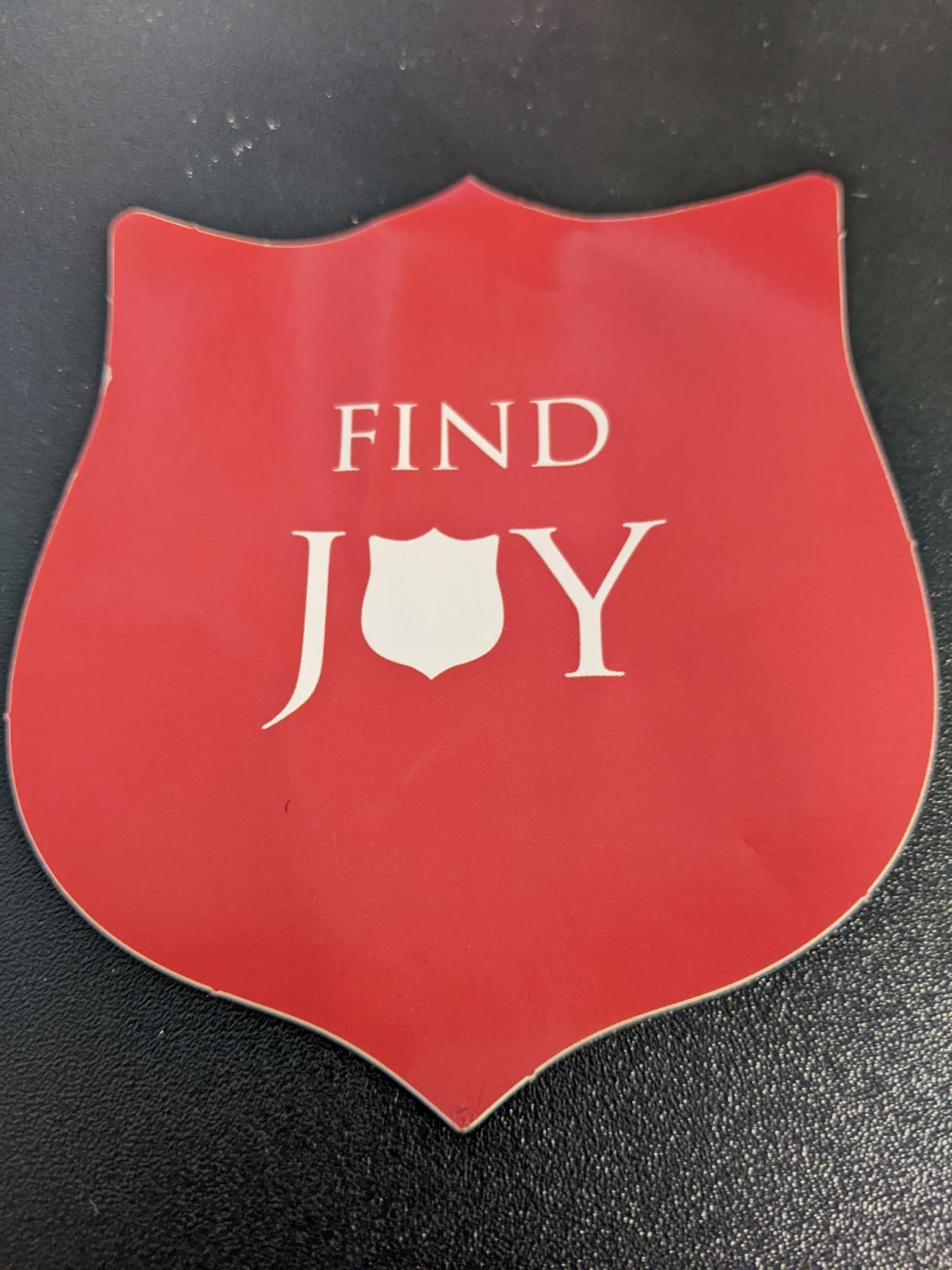Thankful, Grateful, Blessed
November Blog By Colonel Genevera Vincent
Salvation Army USA Western Territory Women's Ministries


We live in a world that is changing rapidly. We constantly hear....

Commissioner Colleen Riley speaks about the realities of life and living victoriously because of what Jesus has done.

I recently moved to a new appointment, as did several of my friends. One of my friends wrote to me as moves were announced and asked me “Do you ever feel …

By Colonel Genevera Vincent I read a story a few years ago about a group of prisoners who after spending time behind prison bars in a dark cell, when they …

By Commissioner Colleen Riley You Are Forgiven There’s a quiet ache many women carry—regret, guilt, shame, or the lingering echo of past mistakes. Sometimes it hides behind smiles, sometimes it …

By Major Beth Desplancke When I was a first-year student in college, I attended the local community college. On my way to school, my car got a flat tire. I …

By Colonel Genevera Vincent There are certain words that evoke pleasant thoughts as they are spoken. One such word for me is the word “Redeemed.” Spoken, in reference to everyday …

By Commissioner Colleen Riley When was the last time you looked in the mirror and truly appreciated the person staring back at you? For many of us, the mirror reflects …

By Major Beth Desplancke I am a sucker for a good love story (give me a Romcom or a good Hallmark movie any day!). As a child, my favorite stories …

By Colonel Genevera Vincent Have you ever met someone, and your first thought was, “wow, she is beautiful!” and then she opened her mouth and suddenly her beauty fades as …

By Commissioner Colleen Riley “Today in the town of David a Savior has been born to you; He is Christ the Lord.” Luke 2:11. This time of the year is …

By Major Beth Desplancke Recently, I had the wonderful privilege of attending the USA Central Territory’s Abide Women’s Conference in Green Lake, Wisconsin. It was so exciting to go to …

By Colonel Genevera Vincent I was very blessed in my life to have two very godly grandmothers who always made me feel special. There was never a doubt in my …

By Major Beth Desplancke My son, Ryan, has a husky named Ayla, who spends a lot of her day chilling in the front entryway of our home, looking out the …

By Colonel Genevera Vincent I remember with great fondness my Sunday School days as a child. I can still visualize many of the lesson pictures from the Scripture Press material. …

By Major Beth Desplancke She hurt me deeply. Her words to me were mean, and untruthful. She attacked my character and my capability. She came across as being perfect, without …

By Colonel Genevera Vincent I remember as a child repeating the words of the adage, “Sticks and stones may break my bones, but words will never hurt me.” It’s very …

By Major Beth Desplancke When my oldest son, Ryan, was 7 ½ years old, my mother-in-law, on a Monday morning, took him to the doctor’s office for a drop-in appointment, …

By Colonel Genevera Vincent When our two sons acquired their first cell phones, these devices came with some rules; one being that they were not permitted at the dinner table. …

By Major Beth Desplancke Every morning when I walk into Territorial Headquarters to begin my workday, I am greeted with these words: “Find Joy.” What a great reminder as I …

By Colonel Genevera Vincent The dictionary defines Gratitude as “the quality of being thankful; readiness to show appreciation for and to return kindness.” When you come down to it, gratitude …

By Commissioner Colleen Riley Rest? Who has time for rest? It seems like we have a go go go world, with a do-do-do mentality and are labeled lazy if we …

By Major Beth Desplancke For three years my husband, Frank, and I served as chaplains at an Adult Rehabilitation Center where we got to minister to men in recovery from …